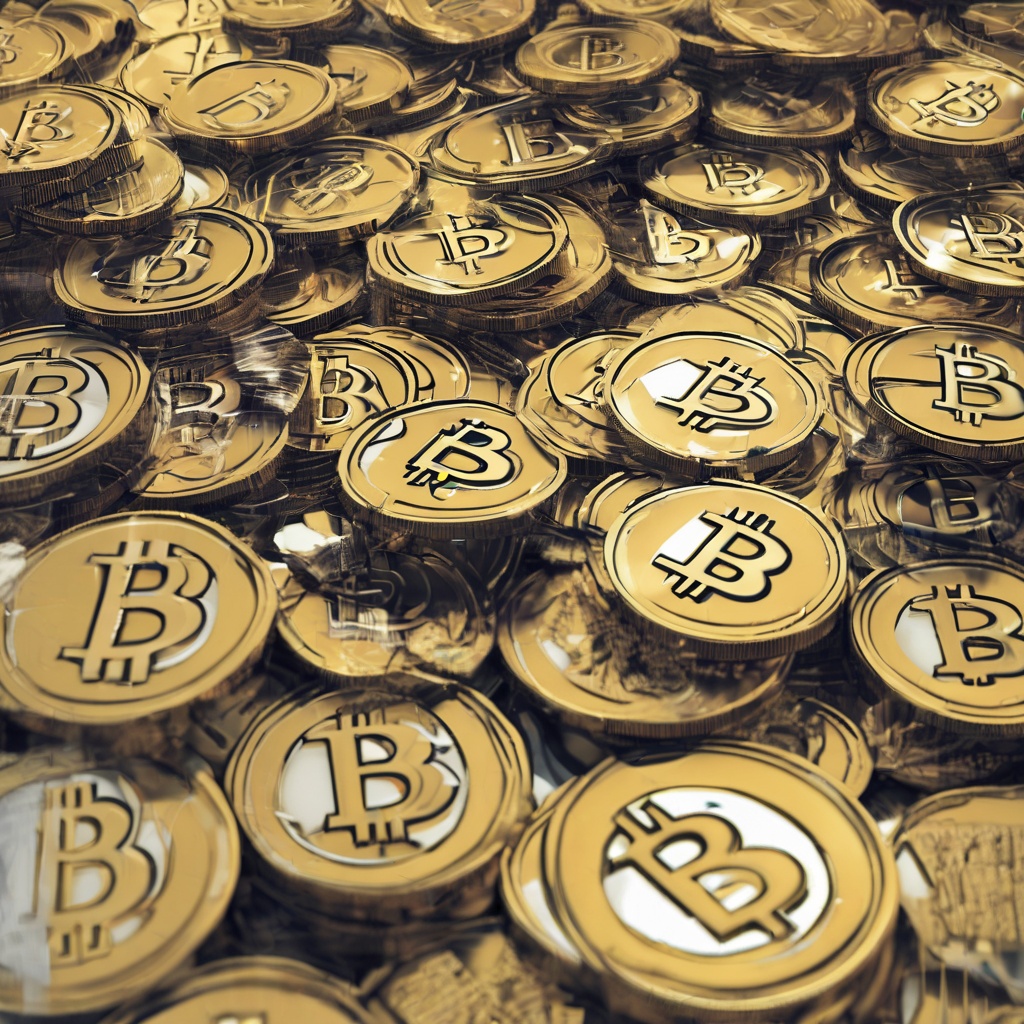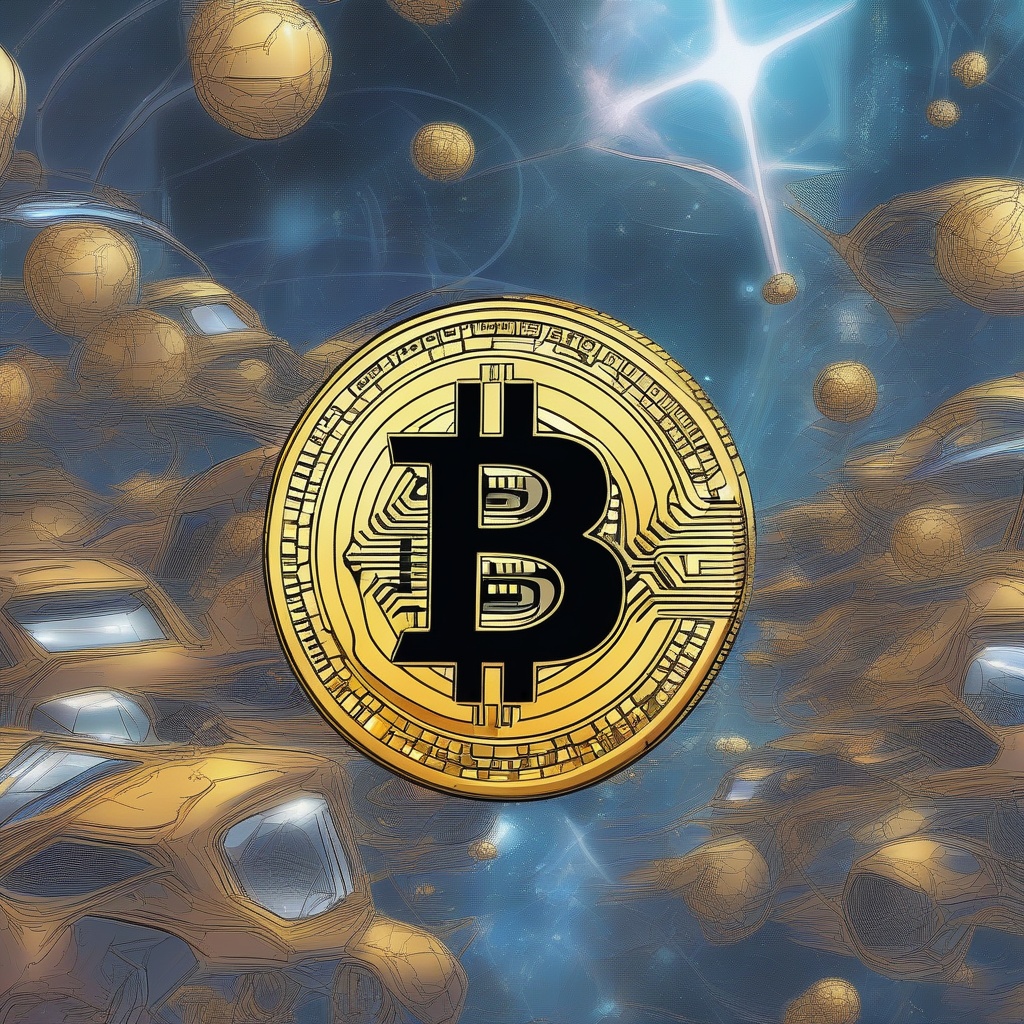How to avoid a stuck bitcoin transaction?
Have you ever encountered a situation where your Bitcoin transaction got stuck, seemingly lost in the abyss of the blockchain? It's indeed a frustrating experience, especially when you're waiting for that all-important payment to clear. So, how can we avoid such a scenario? Well, first and foremost, ensure you're using a reputable wallet and exchange. Secondly, be mindful of the transaction fees you're setting. Low fees may lead to slower confirmations and potentially stuck transactions. Additionally, consider the current network congestion and adjust your fees accordingly. Another tip is to use transaction accelerators, which can expedite your transaction by paying a small additional fee. However, prevention is always better than cure, so it's best to stay vigilant and make informed decisions before initiating any transaction. So, in a nutshell, how do you ensure a smooth Bitcoin transaction? By being cautious, using reliable platforms, and adjusting your fees according to network conditions.

How do I avoid a coinbase scam?
When it comes to avoiding a Coinbase scam, the first step is to remain vigilant and aware of potential threats. Coinbase is a reputable and secure platform, but that doesn't mean it's immune to fraud attempts. Here are some key measures to take: 1. Always verify the authenticity of any communication claiming to be from Coinbase. Coinbase will never ask for your private keys, passwords, or sensitive financial information via email or phone. 2. Use the official Coinbase website and app. Avoid clicking on links or downloading apps from unverified sources, as they may be phishing attempts. 3. Enable additional security measures like two-factor authentication to protect your account. 4. Regularly review your account transactions to ensure there are no unauthorized activities. 5. Be wary of any unsolicited offers or promises of quick riches. Coinbase does not engage in such activities. Remember, Coinbase is a trusted platform, but it's always important to take proactive steps to safeguard your account and financial information. Can you elaborate on any specific concerns or questions you have regarding Coinbase scams?

Can cryptocurrencies avoid sanctions?
With the global financial landscape rapidly evolving, the question arises: can cryptocurrencies truly avoid sanctions? Cryptocurrencies, by their decentralized nature, aim to provide a borderless and censorship-resistant financial system. However, the reality is more complex. Governments and regulatory bodies have increasingly clamped down on crypto transactions, citing concerns over illicit activities and capital flight. So, can cryptocurrencies truly evade the grasp of sanctions? Or are they merely a tool that can be utilized both for good and for bad, depending on who's wielding the power? This discussion delves into the nuances of crypto's potential to bypass sanctions and the challenges it faces in doing so.

How do I avoid a bitcoin email scam?
As a cautious investor in the cryptocurrency market, I'm always on the lookout for potential scams. With the rise of bitcoin, I've noticed an increase in email scams targeting unsuspecting individuals. How can I effectively avoid falling victim to these scams? Should I be wary of unsolicited emails promising high returns? Are there any specific warning signs I should look out for? Are there any best practices or tools I can utilize to stay safe in this volatile market? I understand that prevention is key, and I'm eager to learn how I can protect myself from falling into the trap of these bitcoin email scams.

How to avoid a cryptocurrency scam?
Cryptocurrency has become a popular investment choice, but with its growing popularity, scams are also becoming more prevalent. So, how do you avoid falling victim to a cryptocurrency scam? Firstly, be vigilant and cautious of unsolicited offers or deals that seem too good to be true. Always do your research and check the credibility of the source or platform you're dealing with. Secondly, never invest in any cryptocurrency without understanding its fundamentals, such as its technology, team, and market position. Lastly, keep your digital wallet secure by using strong passwords, two-factor authentication, and regularly updating your security settings. Remember, it's always better to be safe than sorry. So, stay vigilant and protect your investment.

